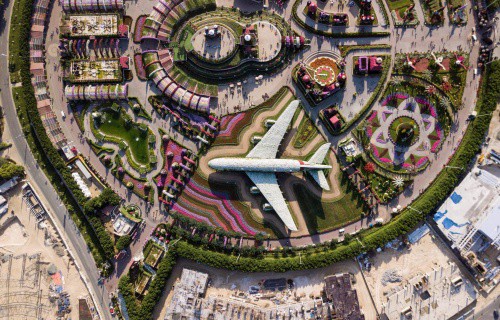According to the latest research from ABI Research, the installed base of digital twin and city modelling deployments is expected to grow from just a handful of early implementations in 2019 to more than 500 by 2025.
“Originally developed for industrial systems, the digital twin concept is now spreading to the smart cities environment,” says Dominique Bonte, vice president for End Markets at ABI Research. “However, it won’t be a single Uber-like digital twin for an entire city but rather an aggregation and integration of domain-specific digital twins for systems like smart buildings, traffic infrastructure, energy grids, and water management.”
Bonte pointed out that the digital twin concept and the urban modelling paradigm are transforming how cities are designed, monitored, and managed. They allow optimising the holistic performance of cities across verticals in terms of energy management, mobility, resilience, sustainability, and economic growth.
These findings are from ABI Research’s Digital Twins in Smart Cities and Urban Modelling application analysis report.
Benefits and challenges
Digital twins combine spatial modelling of the urban built environment, modelling of electrical and mechanical systems based on mathematical descriptions or deep learning informed training, and real-time sensor data derived from IoT platform solutions.
Key use cases across verticals include the simulation of people movements and emergency evacuations, modelling of flooding risks, smart building design and energy management via occupancy tracking, road traffic modelling and simulation, air quality monitoring and prediction, modelling of green infrastructure and circular urban economies, and cyber threat analysis.
The benefits of modelling are numerous and range from preventive maintenance to operational efficiencies and cost savings, improved services for citizens, increased safety and security and the inherent possibility of automated generative design, for example allowing maximizing solar energy exposure of entire neighbourhoods.
Technology suppliers of urban modelling solutions include the big three – Microsoft, Siemens, and Dassault Systemes – next to smaller providers like IES, Bentley Systems, and CityZenith. Cities having deployed digital twins to date include Newcastle, Rotterdam, Boston, New York, Singapore, Stockholm, Helsinki, Jaipur, and Amaravati.
However, challenges for adoption remain, mainly related to the complexity of city-wide modelling and the lack of standards supporting cross-vertical data exchange. Other inhibitors include the little awareness about benefits and ROI, commercialization challenges related to the siloed organization structure of city governments, and concerns about consumer privacy and cyber threats.
“Just adding a thin layer of IoT tech on top of legacy infrastructure will no longer suffice to address the multiple challenges cities will face in the future,” Bonte said.
Despite the challenges, he added that it is quite clear that urban modelling and digital twins form the end game of the smart cities journey to optimised design and the ultra-efficient operation of entire cities.



